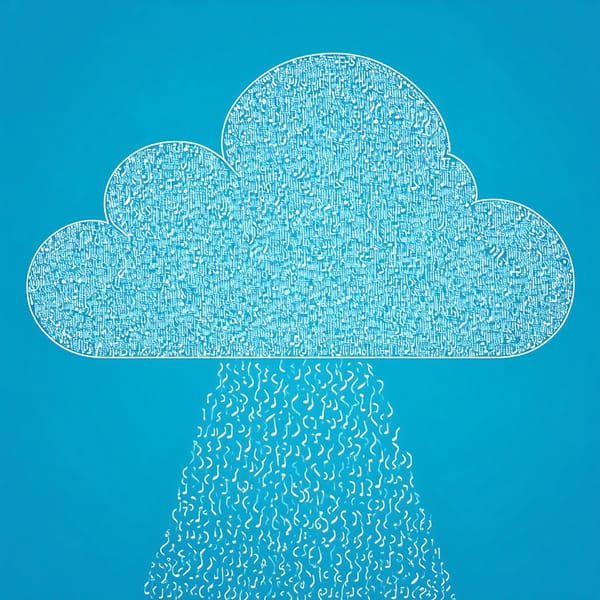Microsoft's Recall, the elephant in the server room
A brilliant strategy to alienate customers? Microsoft corrects its faulty search functionality by making it worse.

In the tech world, innovation is often celebrated as the holy grail, with companies racing to outdo each other in introducing cutting-edge features. The "Recall" feature in Windows, Microsoft's latest offering, promises to revolutionize how we interact with our data by capturing periodic screenshots of our screens, allowing us to search and retrieve information with ease. Sounds great, right? Well, not so fast. The privacy concerns surrounding this feature are hard to ignore[1].
Recall essentially captures every bit of information that graces your screens, from private browsing sessions to confidential documents, from work documents to the articles you read. Microsoft assures us that these screenshots are securely stored and that AI processes them locally, but let's be real – do you really want a company that pushes its cloud services so hard to constantly monitor your digital live[1][2]?
But wait, it gets better! Microsoft has graciously provided us with the option to turn off or filter certain apps and websites from being captured. How thoughtful of them![3] Except, of course, for the fact that this puts the onus on us, the users, the guinea pigs, to navigate a labyrinth of settings and ensure that our privacy is protected. Because, you know, that's exactly what we want to do in our free time. Or what IT support in all companies and institutions want to face[1].
What's behind the "magic"? Just check the disenchanted comments to find out.
Remember when Microsoft promised that Windows 10 would be the last operating system they'd release, only to introduce Windows 11 with a set of stringent hardware requirements, and an unrequested upgrade that left countless users in the lurch? Yeah, that was a hard pill to swallow. Now, imagine swallowing your computer storage filling with unrequested screenshots, with a processor ever running to analyze them, plus related privacy and security risks.
But fear not, dear users! You can still use Windows 10 ... At least, if you find yourself with an incompatible Windows 10 device come October 2025, you can always take the "official" route and bypass the system requirements check to upgrade to Windows 11. Of course, Microsoft warns that your device might malfunction, and you'll be on your own in terms of updates and support[5]. But hey, you'll be using the latest and greatest operating system, right?
Or, if you don't want to find yourself in the Black Mirror episode “The Entire History of You”[4] and with a malfunctioning device, you could always switch to Linux, a move that Microsoft seems to be actively encouraging with their questionable decisions[6]. After all, what better way to retain customers than by driving them into the arms of a competing operating system?
While Recall may have even been conceived with good usability intentions, its implementation raises too many concerns about privacy and choice. Innovation should not come at the expense of trust. After all, it's the users who ultimately determine the success or failure of a product, not the shareholders or marketing teams. Perhaps, it's time to take a step back and, why not, engage in a short search to test other, better operating systems? At the end of the day, it's not just companies that are pushing boundaries, but we are.
Citations:
[1] Microsoft - Recall and your data
[2] Engadget - With Recall, Microsoft is using AI to fix Windows' eternally broken search
[3] TechRadar - Microsoft’s Copilot AI can now read your files directly, but it's not the privacy nightmare it sounds like
[4] Cointelegraph - Microsoft’s new ‘Black Mirror’ recall feature records everything you do
[5] Ghacks - What happens to all the Windows 10 devices that are incompatible with Windows 11 in 2025?
[6] Readly - Linux to save windows 10 pcs from the apocalypse?




